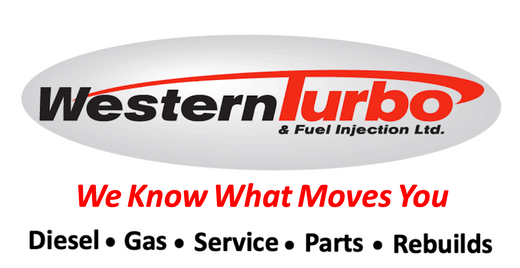
If the designers at Volkswagen have anything to say about it, normally aspirated gasoline and diesel engines will be a thing of the past in just a few years, replaced with more powerful and efficient turbocharged models.
As Volkswagen is the third largest automaker in the world, there’s a pretty good chance that their designers will have their say. Other companies are expected to follow suit.
Turbocharged diesel engines have been with us a long time. Heavy trucks use them as standard equipment. The power plants associated with tractor-trailers are increasingly high-tech, with on-board computers providing a constant stream of data that allows the engine to adjust for driving conditions in real time. As a result, these more efficient engines last longer – it’s completely within the norm for a transport truck’s engine to operate for over a million miles.
Volkswagen’s award-winning and popular clean diesel technology has pioneered the return of the turbocharger for use in passenger cars. Recently, Ford introduced its EcoBoost gasoline engines, which use a turbocharger and onboard computer to maximize fuel economy while providing the power that drivers are accustomed to getting from much larger, inefficient normally-aspirated (non turbo) engines.
Volkswagen has only a couple of offerings in their extensive lineup of cars that don’t use a turbocharger, and have plans to replace these models with turbo engines in the next two to three years. As VW is on a roll, it’s likely that other automakers will see the wisdom of their ways, and follow suit.
At IAmDiesel, we’re happy to see carmakers making good design choices. For too many years, passenger cars have been designed with disposability in mind. As Winnipeg’s premiere provider of repairs to turbocharged diesel engines, we’re happy to see automakers making good decisions. Not just because we make our living fixing them, but because we like to see automakers building cars worth fixing.
